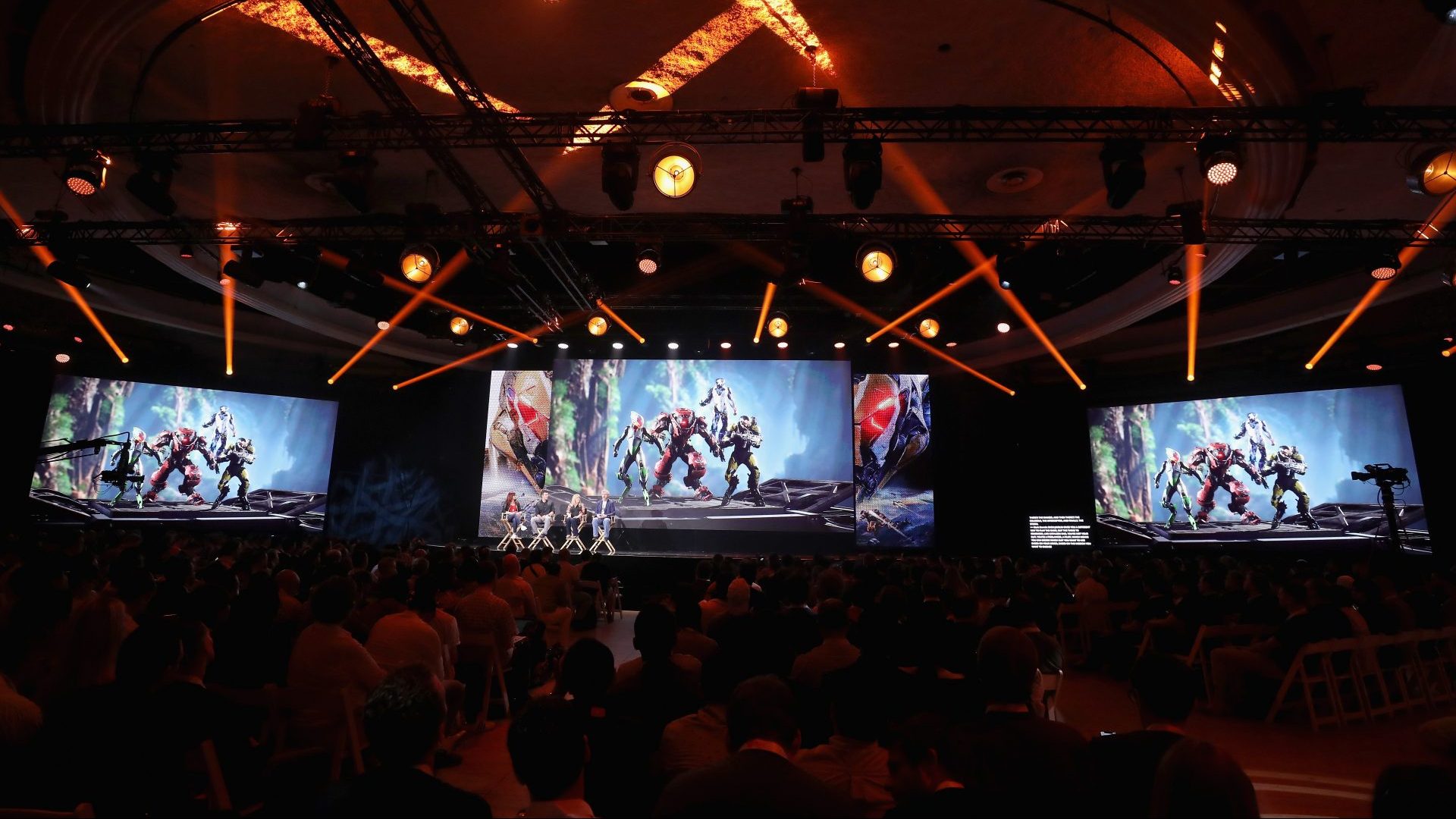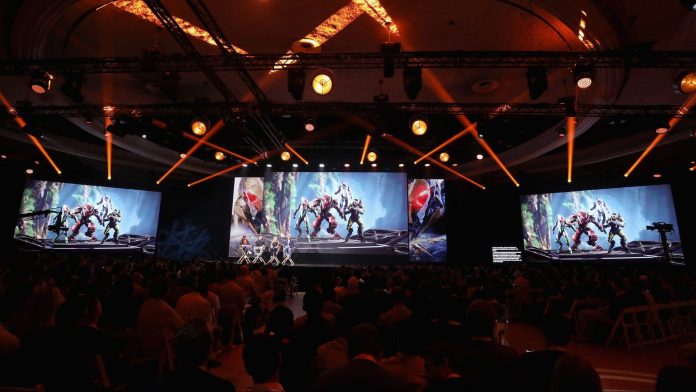The companies that make some online games now want to retire them, which raises the question – who actually owns things nowadays?

What does it mean to own something? This isn’t a rhetorical question, but a very live issue that was recently brought to a head by 1.25m people across Europe. If you buy, say, a video game, who does it actually belong to? Who gets to claim it for themselves? The answers to those would have once been straightforward, but no longer.
Launched just under a year ago, the Stop Killing Games petition seeks to clarify things once and for all. “An increasing number of video games are sold effectively as goods – with no stated expiration date – but designed to be completely unplayable as soon as support from the publisher ends,” the campaign says. “This practice is a form of planned obsolescence and is not only detrimental to customers, but makes preservation effectively impossible.”
What this means in practice is that gaming companies can release a game that is played exclusively or partially online, sell it to players, make money from it then, once it stops being financially beneficial for them, decide to shut down the servers, and essentially stop people from accessing the game.
The petition was launched after Ubisoft shut down The Crew, a racing game which had a player base of over 10m people. Crucially, it wasn’t a one-off. Most recently, Electronic Arts and Bioware announced that they would “sunset” Anthem, their online multiplayer game, at the beginning of 2026. From next January, players who bought the game between its release in 2019 and now just won’t be able to play it anymore.
The petition won’t be able to come to the rescue of Anthem‘s players, but its organisers are feeling optimistic. Few EU-wide petitions have managed to reach the one-million threshold, especially as the signatures need to come from at least seven different member states, but they’ve managed it. The commission will now have to respond to it, and hopefully do something.
Elsewhere, a similar petition brought forward in the UK has already collected 180,000 signatures, meaning that parliament will have to consider it for a debate. It just isn’t clear that things really will change for the better anytime soon, is the problem.
Already, Video Games Europe, the trade body representing game developers and publishers, has warned campaigners to be careful what they wish for. “We appreciate the passion of our community; however, the decision to discontinue online services is multi-faceted, never taken lightly and must be an option for companies when an online experience is no longer commercially viable,” they said in a statement.
“Many titles are designed from the ground-up to be online-only; in effect, these proposals would curtail developer choice by making these video games prohibitively expensive to create.”
In short: players can either have games they get to play forever or they can have a wide range of broadly affordable games to choose from, but they can’t have both. Of course, their arguments should be taken with a pinch of salt, as they are a lobby group, but the core of the argument is an interesting one. It also touches on themes which go beyond the gaming industry.
Players have a point when they argue that they’ve paid for a game, and deserve to be able to play either that specific game or an offline version of it until they decide they’re done with it. Anything else is disingenuous and unfair. On the other hand, game developers aren’t being entirely unreasonable when pointing out that releasing an online game shouldn’t mean having to pay through the nose to keep it there forever, on the off-chance that some people somewhere are still playing it.
No-one is entirely right and no-one is entirely wrong, and it isn’t clear what ought to happen next. Again, it’s also a tension likely to play out elsewhere. Not too long ago, we’d buy movies and TV series and books and games and, naturally, we expected them to be ours until we decided to get rid of them, because they were physical artefacts.
Bit by bit, we started consuming more and more culture which didn’t require us to store anything in our homes, and it happened slowly enough that we didn’t really realise we were doing it. As a result, we never stopped to think about what it all meant, and what we were agreeing to.
This petition may only be targeting one narrow aspect of online ownership, but what happens next may well have far-reaching consequences. What does it mean to own something, in 2025? As it turns out: we just don’t really know anymore. We may find out soon, though.
 Most popular
Most popular

Oasis: The trauma and the glory

It’s the values, stupid
